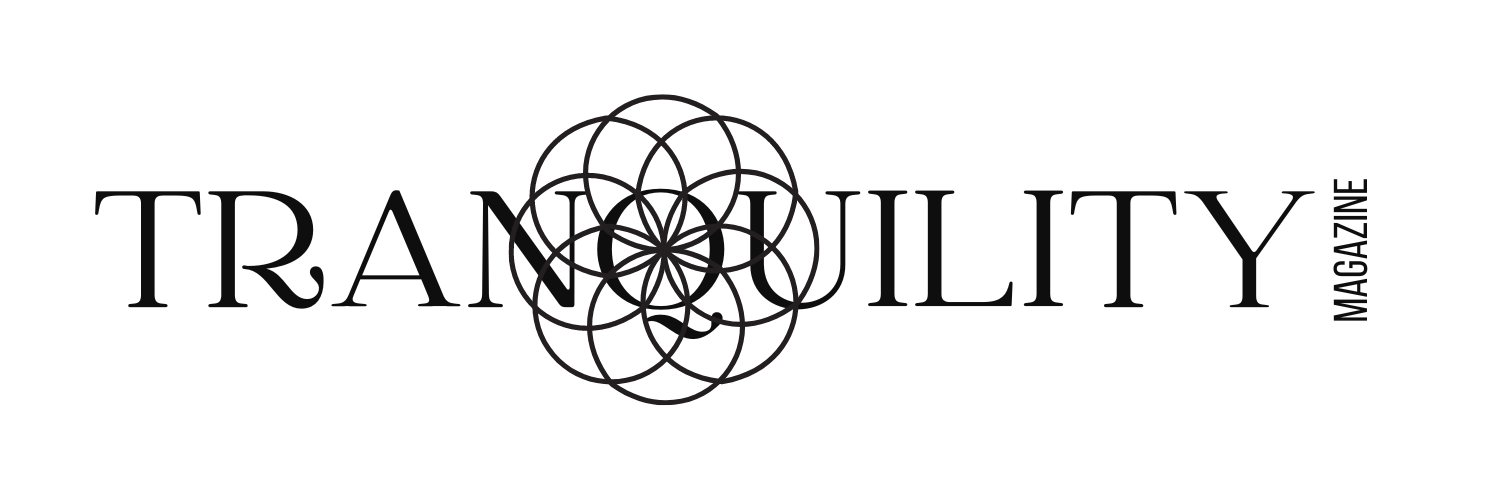5 Simple Workout Recovery Strategies You've Been Underestimating
Contrary to popular belief, working out isn't necessarily the most important component of fitness. While getting in some regular movement is certainly an essential part, you only truly reap benefits from physical activity you can properly recover from. Many a gym rat has gotten stuck in the loop of working out intensely everyday only to feel increasingly exhausted and sore. This can lead to injuries, mood swings, disrupted sleep, and frustration from dedicating so much effort with little to show for it.
The secret to avoiding this trap is twofold. Firstly, not overdoing it at the gym is a roadblock many people stumble on. This happens especially when starting out with a new fitness routine when motivation and determination is high. Easing in with reasonable expectations to gradually increase workout intensity as your body adapts is the best way to avoid this pitfall.
The second piece is what most people are missing: optimal workout recovery. Workout recovery strategies can allow for faster healing between workouts, less aches, pains and injuries, and boosted results from the effort you put in at the gym.
Here are 5 effective recovery activities so you can bounce back from workouts stronger, faster and healthier than ever before!
1) Prioritize Getting a Good Night's Rest
The absolute most important factor in recovery sleep, so making this a priority will not only help with your energy levels, but it'll boost your results from the gym. Getting 7-9 hours of sleep every night on a regular schedule gives your body the time it needs to rebuild your muscles after workouts.
On top of this, workouts are often taxing on the central nervous system, and sleep is the best way to recover from stress on the nervous system. This also allows you to reap many of the mental health benefits of exercise such as reduced anxiety and a positive state of mind.
2) Take a Relaxing Magnesium Bath
Epsom salts and magnesium flakes are two similar options to add to a bath to help ease sore aching muscles. Both contain magnesium which gets absorbed into the bath water and then into your skin where it soothes muscle contraction.
The warm water is also great for increasing blood flow to speed up healing. Feel free to add a few drops of your favorite essential oils like lavender or eucalyptus for added relaxing aromatherapy benefits.
3) Try Myofascial Release
Oftentimes the pain and tightness associated with working out doesn't come from muscles themselves, but rather from the connective tissue interlaced throughout and in between them. This elastic-like substance is known as fascia and it can become tight and knotted from exercise, leading to reduced mobility and pain.
The two best methods for stretching and releasing fascia are myofascial release massage or using a foam roller. Foam rollers are an affordable and simple option that you can do right at home to quickly improve mobility and reduce soreness.
4) Go For a Walk
Though most people are inclined to relax and avoid movement on their recovery days, inactivity actually slows down the healing process. Doing some light cardiovascular activity like walking, biking, tennis or swimming are all great ways to gently increase blood flow and enhance muscle repair.
The key is not to overdo it with anything too strenuous and to stick to cardiovascular activities rather than strength-based ones.
5) Do Some Mood-Boosting Activities
The final strategy for boosting your recovery is something you may not have considered. It's been shown that mental health has a profound impact on injury recovery rates, and it stands to reason that workout recovery is no different.
Putting your nervous system into the relaxed state of "rest and digest" is a powerful tool for slowing down and allowing the body to heal itself. Whether you do this by spending time with a loved one, getting outside in nature, taking a few minutes to practice meditation, or cuddling up on the couch with your pet is totally up to you.
A Final Note
There are plenty of other strategies for optimizing workout recovery such as saunas, cold plunges, recovery supplements, stretching and using compression garments, but an effective recovery plan doesn't have to be complicated. It just needs to be something you can stick to.
Getting good sleep, proper nutrition and allowing yourself to relax are truly the foundation of great physical health. With just a few simple changes, you might just experience some life-changing results.




